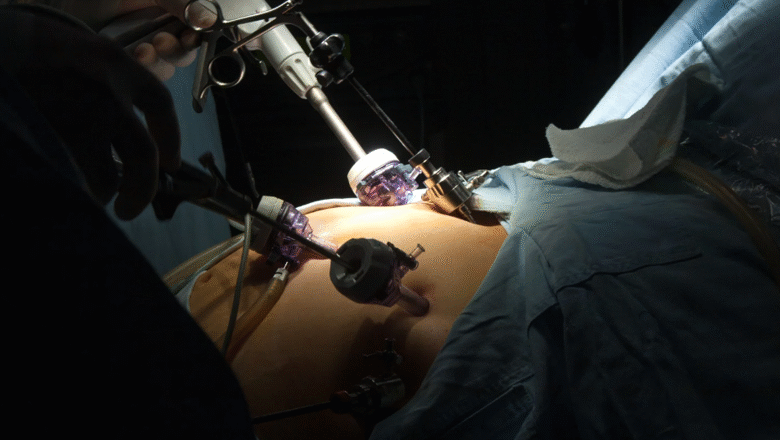How Gastric Bypass Surgery Helps Manage Type 2 Diabetes

For individuals living with obesity and Type 2 diabetes, gastric bypass surgery offers far more than a solution for shedding pounds. This procedure has become one of the most effective treatments for improving blood sugar control and reducing the long-term risks associated with diabetes. Beyond weight management, the health benefits can be transformative for those seeking better control over their diabetes through gastric bypass in St Louis, MO. Many patients notice improvements in their condition within weeks of surgery, experiencing reduced insulin resistance and improved overall energy levels.
How Gastric Bypass Impacts Blood Sugar Control
The procedure alters the digestive system by reducing stomach size and rerouting the small intestine, which limits calorie absorption. More importantly, these anatomical changes trigger hormonal responses that support healthier insulin regulation. Many patients see significant drops in blood glucose levels and, in some cases, achieve remission of Type 2 diabetes. Long-term success, however, depends on consistent care, which includes knowing what foods to avoid after gastric bypass surgery to maintain stable blood sugar levels and protect digestive health.
Improvements Beyond Weight Loss
Although weight reduction plays a crucial role in diabetes management, gastric bypass surgery offers additional benefits. Reducing abdominal fat not only improves insulin sensitivity but also lowers the risk of cardiovascular conditions such as hypertension and high cholesterol. Patients often experience more consistent energy, improved mobility, and fewer complications associated with obesity-related health issues. This means the benefits extend to both short-term recovery and long-term disease prevention.
Long-Term Metabolic Benefits
Research continues to highlight how gastric bypass enhances metabolic health beyond weight loss alone. The surgery improves gut hormone activity, which influences appetite regulation and glucose metabolism. For patients with long-standing diabetes, these changes can mean a dramatic reduction in dependence on medications. Over time, better metabolic balance decreases the risk of nerve damage, kidney disease, and other complications commonly associated with uncontrolled diabetes.
The Role of Lifestyle Adjustments
Surgery is only the beginning of the journey toward improved health. Success relies on adopting new eating habits, practicing portion control, and committing to regular physical activity. These adjustments not only help maintain weight loss but also protect against the return of high blood sugar. Following structured dietary guidance, patients can preserve the benefits of the procedure while ensuring their digestive system adapts smoothly. Knowing what to expect during the recovery process after gastric bypass surgery also helps patients prepare for the challenges ahead and remain consistent with their lifestyle changes.
See also: Spirituality and Mental Health: How They’re Connected
Reducing Diabetes-Related Complications
Another key benefit of gastric bypass is its impact on reducing long-term complications of diabetes. With better insulin control and reduced blood sugar fluctuations, patients face a lower risk of heart disease, neuropathy, and vision problems. Improvements in circulation and reduced strain on major organs provide a protective effect that contributes to both longevity and quality of life. When combined with professional monitoring, these benefits help patients stay on track with their health goals.
Conclusion
Gastric bypass surgery has emerged as a highly effective option for managing Type 2 diabetes, offering immediate improvements in blood sugar control and lasting metabolic health benefits. Through sustained weight loss, hormonal balance, and healthier lifestyle habits, patients can reduce their reliance on medication and protect themselves from serious diabetes-related complications.




